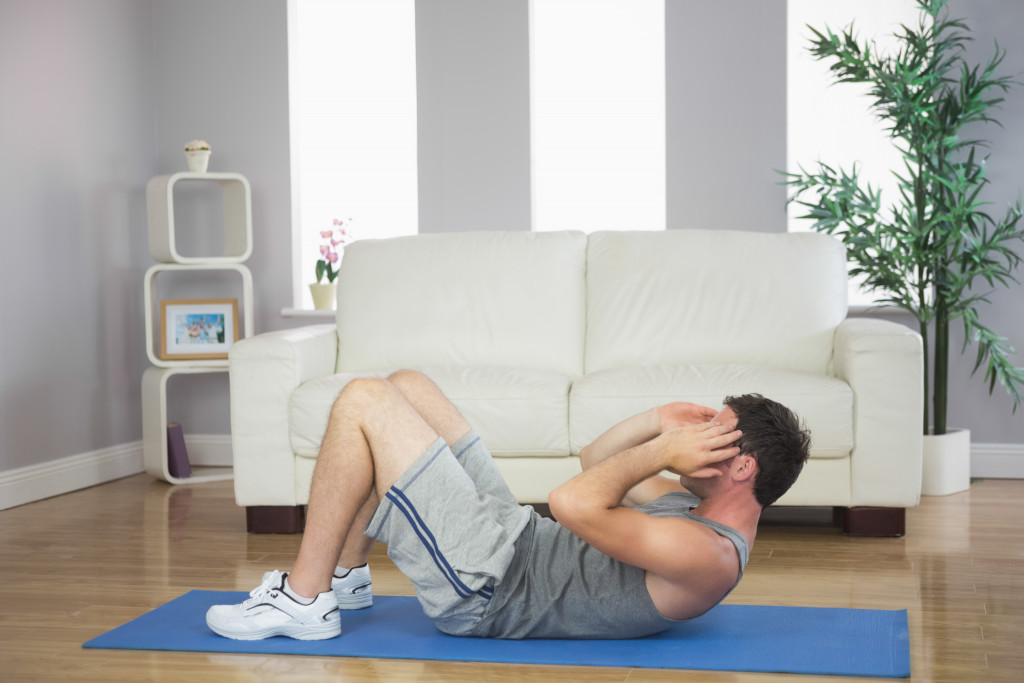- Traveling abroad requires prioritizing health, including packing essential medications and a first aid kit.
- Hydration, healthy eating, and protection against insect-borne diseases are crucial for travel wellness.
- Managing sleep schedules to combat jet lag and taking extra precautions in higher-risk destinations are recommended.
- Regular exercise routines and monitoring local sanitation conditions can ensure a healthier journey.
- Traveling can be a memorable experience enriched by exposure to different cultures, but it also poses health risks.
Traveling abroad is one of the most exciting experiences anyone can have. It allows for exposure to new cultures, cuisines, and environments that can be enriching and exciting. However, it can also pose a significant health risk, especially if one fails to take the necessary precautions.
From jet lag to foodborne illnesses, ensuring that your health remains a priority when traveling internationally is crucial. This blog post will provide practical tips for staying healthy while abroad, ensuring you enjoy your trip to the fullest.

Pack Essential Medications and First Aid Kit
When traveling abroad, it is crucial to pack medications that you may need on your trip. These could include prescription medications, antihistamines, pain relievers, and anti-diarrheal medications. Check with your doctor to ensure you have enough medications to cover your trip. In addition, pack a small first aid kit containing bandages, antiseptic, insect repellent, and sunscreen.
Apply for Healthcare Support
Before traveling abroad, research the healthcare system of your destination. Some countries have reciprocal healthcare agreements with other countries. In contrast, others may require you to pay for any medical treatment provided. If you are a permanent resident of Australia, you will become eligible for the National Disability Insurance Scheme (NDIS). The program allows you to receive support if you have a disability. To facilitate this, you should consult a reputable NDIS plan manager.
Stay Hydrated and Eat Healthily
Staying hydrated is one of the most important things you can do to keep your health in check while abroad. Make sure to drink lots of water, especially if your destination is hot and humid. Additionally, be mindful of what you eat.
Balanced Diet
Try to eat healthy and balanced meals that include fruits and vegetables. If you are unsure about restaurant menus, opt for simple dishes you know and trust. This can help prevent food-related illnesses while traveling.
Protect Yourself Against Insect-Borne Diseases
Insects are a common health hazard when traveling abroad, as they can carry diseases such as malaria and dengue fever. To protect yourself, wear long-sleeved clothing and use insect repellent containing DEET or picaridin. If you know you will be traveling to an area with a high risk of insect-borne diseases, consult your doctor about taking preventative medication.
Get Enough Sleep and Manage Jet Lag
Jet lag can be one of the most challenging things to manage while traveling across time zones. To avoid feeling too fatigued or disoriented, maintain a regular sleep schedule. If possible, adjust your sleep schedule a few days before your trip to help your body acclimate to the new time zone.
Sleep After Arriving
Once you arrive at your destination, try to get a good night’s sleep, preferably at the same time as you would at home. This will help your body adjust to the new time zone more quickly. If you are having trouble falling asleep, try using a white noise machine or listening to calming music. It’s also important to avoid caffeine and alcohol close to bedtime, as these substances can disrupt your sleep patterns. Instead, use herbal tea or water to help you relax before bed.
Take Precautions When Visiting Higher Risk Destinations
Some destinations may be at a higher risk for certain infections. If you travel to such areas, taking certain precautions, such as getting the appropriate travel vaccines before you depart, may be worthwhile.
Local Sanitation
Additionally, be mindful of the local sanitation and hygiene practices to avoid infections. Here are some tips for staying healthy while visiting higher-risk destinations:
- Get Vaccinated: Before traveling to a higher-risk destination, consult your healthcare provider and ensure you have all the necessary vaccinations. Some common travel vaccines include hepatitis A and B, typhoid, yellow fever, and rabies.
- Practice Good Hygiene: Be extra vigilant about washing your hands frequently, especially before meals. Also, avoid consuming food or drinks from street vendors and drink only bottled or boiled water.
- Pack a First Aid Kit: It’s always a good idea to bring some basic medical supplies such as bandages, pain relievers, and antiseptics in case of minor injuries or illnesses. Make sure any prescription medications are packed in their original containers, and bring enough to last the duration of your trip.

Maintain Regular Exercise
While traveling, it can be easy to throw your usual routine off balance. However, exercise can benefit physical and mental health, especially when traveling. Try to maintain your usual exercise routine, running, yoga, or swimming. If your destination does not provide you with such options, look for local gyms or yoga studios that you can visit.
Traveling abroad can be one of the most memorable experiences. But it is crucial to ensure that your health remains a priority. Following the tips in this blog post, you can stay healthy abroad and enjoy your trip to the fullest. Remember to pack essential medications and first aid kits, stay hydrated, sleep well, take precautions when visiting higher-risk destinations, and exercise regularly. By doing so, you will have a safe and healthy journey.

